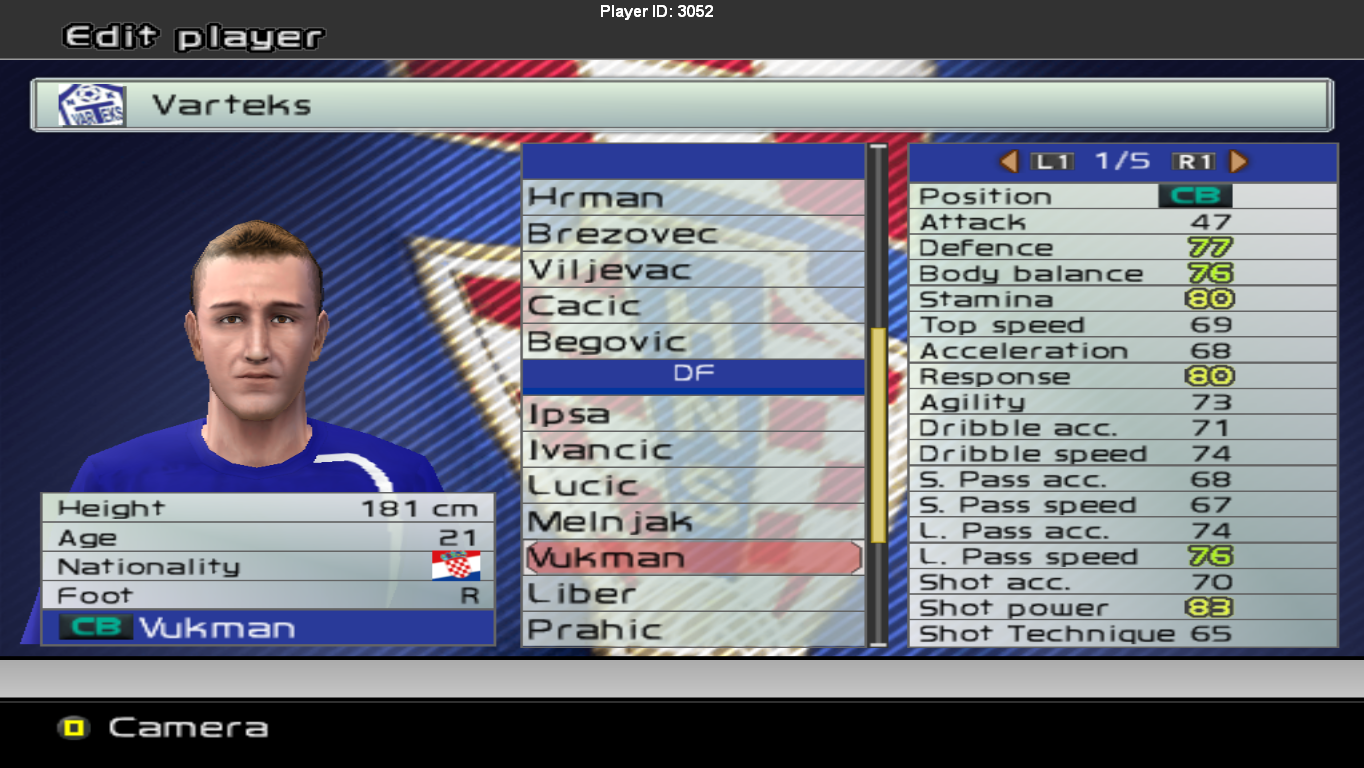

Peter Christopherson of the bands Coil and Throbbing Gristle directed a performance video for 'Wish', but the EP's most controversial video accompanied 'Happiness in Slavery'. In reference to receiving the Grammy Award for Best Metal Performance for 'Wish', Reznor joked that 'Wish' became 'the only song to ever win a Grammy that says 'fist fuck' in the lyrics.' Against touring of the brand new material, Reznor began living and recording full-time at Le Pig, working on a follow-up free of restrictions from his record label. Songs from Broken earned Nine Inch Nails two Grammy Awards: a performance of the EP's first single 'Happiness in Slavery' from Woodstock '94, and the second single 'Wish'. The inspiration for the harder sound came from the way the live band played during concerts such as Lollapalooza.

He characterized Broken as a guitar-based 'blast of destruction', and as 'a lot harder. In the liner notes, Reznor credited the 1991 Nine Inch Nails touring band as an influence on the EP's sound. : 42 The band used it to record Broken, an extended play (EP) that was the first Nine Inch Nails release distributed by Interscope Records and reached the top 10 on the Billboard 200. In 1992, Nine Inch Nails relocated to 10050 Cielo Drive, Benedict Canyon, Los Angeles (renamed 'Le Pig' by Reznor), the site of the Tate murders, when Charles Manson's 'family' murdered Sharon Tate, wife of noted film director Roman Polanski, and four of her friends. After spending 113 weeks on the Billboard 200, Pretty Hate Machine became one of the first independently released records to attain platinum certification. In fact, the song 'Down in It' spent over two months on Billboard 's club-play dance chart. Rolling Stone's Michael Azerrad described the album as 'industrial-strength noise over a pop framework' and 'harrowing but catchy music' Reznor proclaimed this combination 'a sincere statement' of 'what was in head at the time'. Reznor and his co-producers expanded upon the Right Track Studio demos by adding singles 'Head Like a Hole' and 'Sin'.

Flood's production would appear on each major Nine Inch Nails release until 1994, and Sherwood has made remixes for the band as recently as 2000. He mixed sound during Nine Inch Nails' live concerts for several years, eventually becoming an unofficial member of the live band and singing live backup vocals from his place at the mixing console.

: 42 Reznor asked Sean Beavan to mix the demos of Pretty Hate Machine, which had received multiple offers for record deals. It marked his first collaboration with Adrian Sherwood (who produced the lead single 'Down in It' in London without meeting Reznor face-to-face) and Mark 'Flood' Ellis. Written, arranged, and performed by Reznor, Nine Inch Nails' first album Pretty Hate Machine debuted in 1989.


 0 kommentar(er)
0 kommentar(er)
